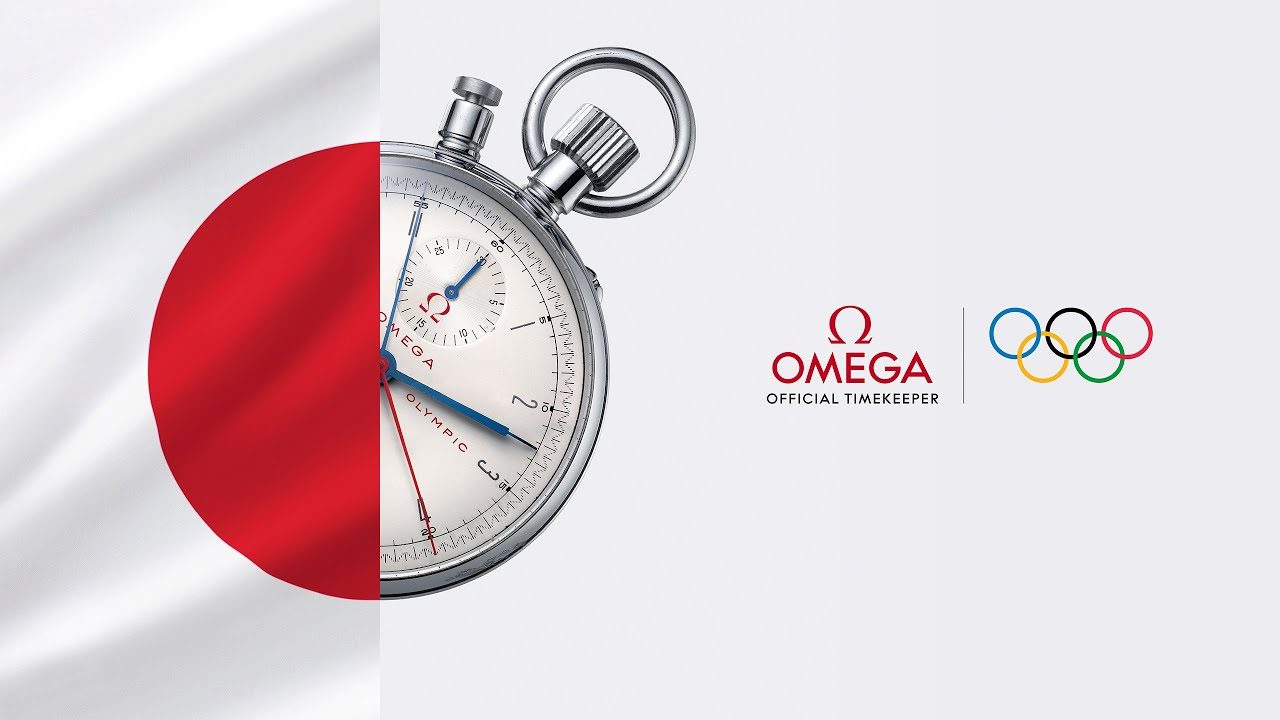SUMMARY
This is AI generated summarization, which may have errors. For context, always refer to the full article.

Omega will play a pivotal role in the Tokyo Games as the official timekeeper of the Olympics for the 30th time.
Since the 1932 Los Angeles Games, Omega has been given the task to ensure the results of the competition, notably in popular events like athletics and swimming, are accurate and free from doubt.
It will not be different in Tokyo.
“The Olympic Games in Tokyo are going to be the biggest Games in history,” said Omega chief executive officer Alain Zobrist.
“You have to imagine that we’re going to send equipment and people to all sports venues to measure all the results of all participating athletes.”
Omega has a come a long way since the 1932 Olympics, where it sent to Los Angeles one official timekeeper who took care of 30 stopwatches.
In Tokyo, Omega will be deploying 530 timekeepers and will be bringing 400 tons of equipment, including photo finish cameras, swimming touch pads, scoreboards, and timers.
“I’m really excited [about] all our motion sensors and positioning systems, our innovation and new technologies that will provide us with information that have never been seen before,” Zobrist said.
“It is going to be a milestone for us as a timekeeper in the our history of timekeeping.”
Greatest moments
Zobrist recalled three personal favorite Olympic moments that involved Omega timing.
One is the 2008 men’s swimming 100m butterfly final, where American great Michael Phelps (50.58) won the gold medal as he edged Serbian Milorad Cavic (50.59) by one hundredth of a second.
Phelps trailed throughout the race and looked on his way to settling for the silver but ended up reaching the touch pad first after taking another stroke to best Cavic, who decided to glide towards the touch pad.

Fast forward to the 2016 men’s swimming 100m butterfly final, Joseph Schooling won Singapore its first Olympic gold medal following a stunning race where three competitors wound up tied for the silver.
Phelps, Chad le Clos of South Africa, and Laszlo Cseh of Hungry all finished with the same time behind Schooling.

“It was very clear with our timing equipment who won the race. But that difference could not be seen with the naked eye,” Zobrist said.
Zobrist also remembered the 2014 women’s alpine skiing downhill finals as Tina Maze of Slovenia and Dominique Gisin of Switzerland surprisingly tallied the same time to share the gold medal.

It was the first time in the Olympic downhill event that competitors clocked in the same time for the top prize.
“For a downhill race, this was very rare. Considering the length of the slope, around two kilometers. To have them two athletes with the exact same time, it was extremely rare,” Zobrist said.
“That was definitely a special moment in terms of timekeeping.”
Delivering precise results
To further improve its timekeeping technologies, Omega reaches out to retired and active athletes and sports federations to ask for feedback on their equipment.
“All along this way, we receive feedback and we integrate these feedbacks in our new products in order to really make sure it serves the purpose of the athletes,” Zobrist said.
“[I]n the end, the athletes are the ones who are utilizing our equipment and they’re the ones who are doing all of the sport. Without feedback from athletes, our innovation will not be complete and not considered.”
Such was the case in the past in Olympic races, as runners starting on the outside lanes would hear the sound of the starting gun later than the ones on the inside lanes.
In a sport where the result is determined by hundredths of a second, the delay in sound proved to be major disadvantage.
To create a fair playing field, Omega developed an electronic starting gun and placed loudspeakers on the back of the starting blocks, allowing all runners to hear the gunshot at the same time.
Zobrist said Omega continues to seek upgrades for its timekeeping methods, even after the coronavirus pandemic pushed back the Tokyo Olympics by an entire year.
“We were ready to go to Tokyo last year. Everything was set, everything was finished, and ready to be deployed,” Zobrist said.
“What we did was [we] maintained and updated some of our equipment with latest technologies, we exchanged some chips in various devices. We proceeded with software updates wherever applicable.”
For Omega, it will be all hands on deck once the Tokyo Games come off the wraps on July 23. – Rappler.com
Add a comment
How does this make you feel?
There are no comments yet. Add your comment to start the conversation.